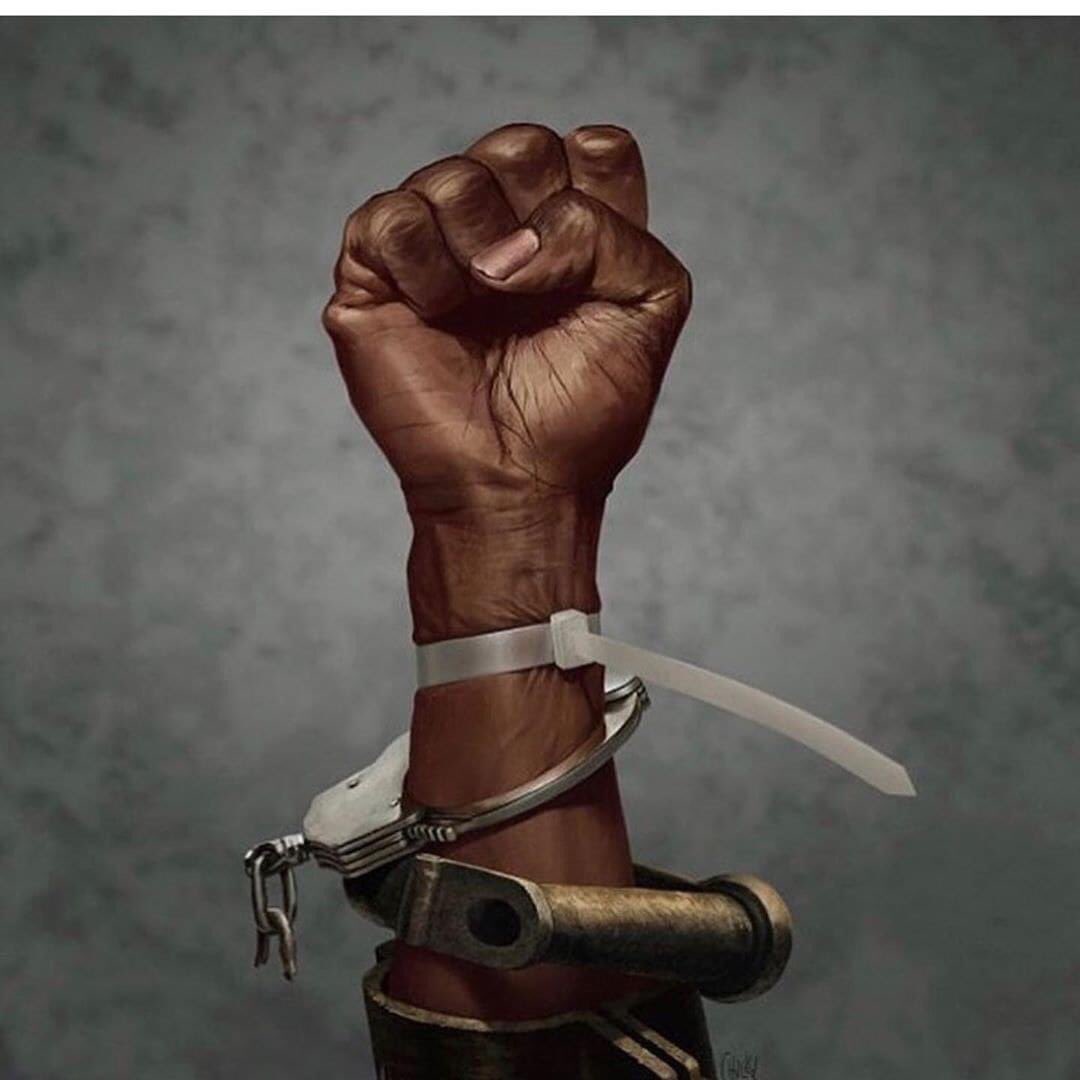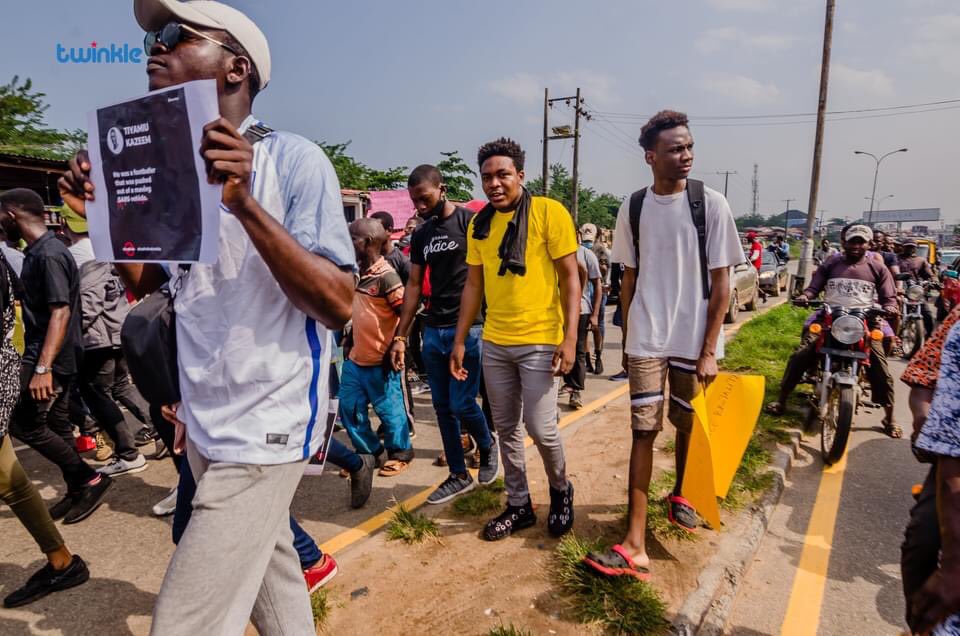LAYING THE FOUNDATION OF NIGERIAN FEDERALISM
Nigeria’s federalism was consolidated in the Lyttleton Constitution of 1954. The constitution recognized Western, Northern and Eastern regions as the federating units. The powers of the central and regional governments were
Nigeria’s federalism was consolidated in the Lyttleton Constitution of 1954. The constitution recognized Western, Northern and Eastern regions as the federating units. The powers of the central and regional governments were

defined in the exclusive, concurrent and residual lists.
Following the Lancaster House London constitutional conferences of 1957 and 1958 and the Willink’s Commission of Enquiry, the constitution was amended to be the Independence Constitution of 1960.
Following the Lancaster House London constitutional conferences of 1957 and 1958 and the Willink’s Commission of Enquiry, the constitution was amended to be the Independence Constitution of 1960.
It was after the 1957 constitutional conference that the Western and Eastern Regions attained self government on August 8, 1957.
In the 1958 London constitutional conference, it was agreed that Nigeria should become independent on 1 October 1960 and that plebiscites be held
In the 1958 London constitutional conference, it was agreed that Nigeria should become independent on 1 October 1960 and that plebiscites be held
at the behest of the United Nations (UN) in Northern and Southern Cameroons.
The plebiscites were held on Feb 11 and 12, 1961 with southern Cameroon opting to join the Republic of Cameroon while Northern Cameroon voted to be part of Nigeria.
The plebiscites were held on Feb 11 and 12, 1961 with southern Cameroon opting to join the Republic of Cameroon while Northern Cameroon voted to be part of Nigeria.
The talks laid the framework for the fiscal federalism that heralded the policies and objectives of the regions in the First Republic. Each of the regions had financial autonomy and regulated their security, with the federal police acting as a balance.
The development of infrastructure witnessed under this system is yet to be replicated after the country weakened the federalism of that era.
Is it time to reflect on the agreements of that period to build a new Nigeria?
Is it time to reflect on the agreements of that period to build a new Nigeria?
Picture:
The principal speakers at the opening of the Nigerian Constitutional Conference at Lancaster House, London, May 23, 1957. Left to right are; Chief Obafemi Awolowo; premier of Western Nigeria, Alan Lennox Boyd, Secretary of State for the colonies;
The principal speakers at the opening of the Nigerian Constitutional Conference at Lancaster House, London, May 23, 1957. Left to right are; Chief Obafemi Awolowo; premier of Western Nigeria, Alan Lennox Boyd, Secretary of State for the colonies;
Alhaji Ahmadu Bello Sardauna of Sokoto; and Prime Minister of Northern Nigeria; Sir James Robertson Governor General of the Federation of Nigeria and Dr Nnamdi Azikiwe, Premier of Eastern Nigeria.
Photo credit: BBC World Service
#Nigeria
#Federalism
#NationBuilding
Photo credit: BBC World Service
#Nigeria
#Federalism
#NationBuilding
• • •
Missing some Tweet in this thread? You can try to
force a refresh




















